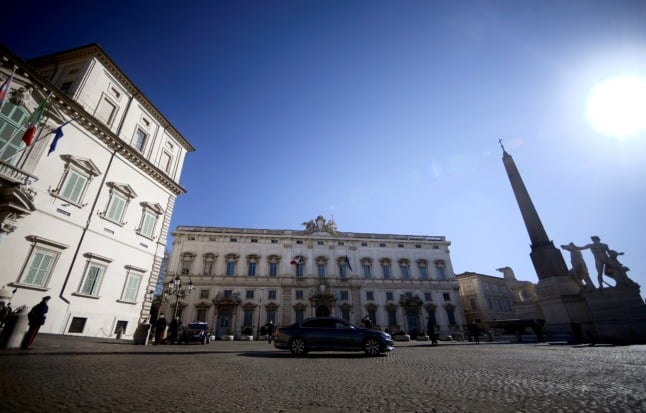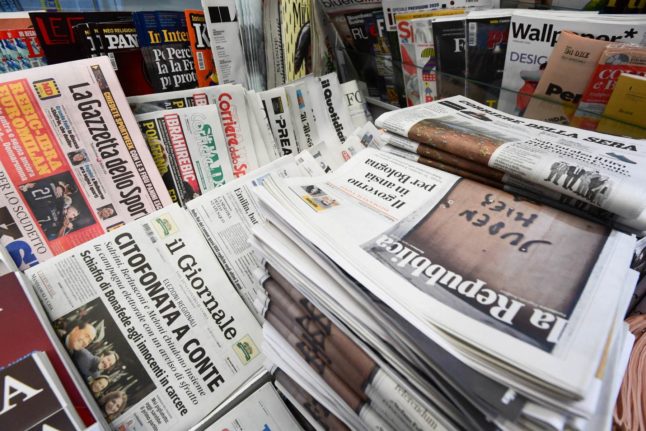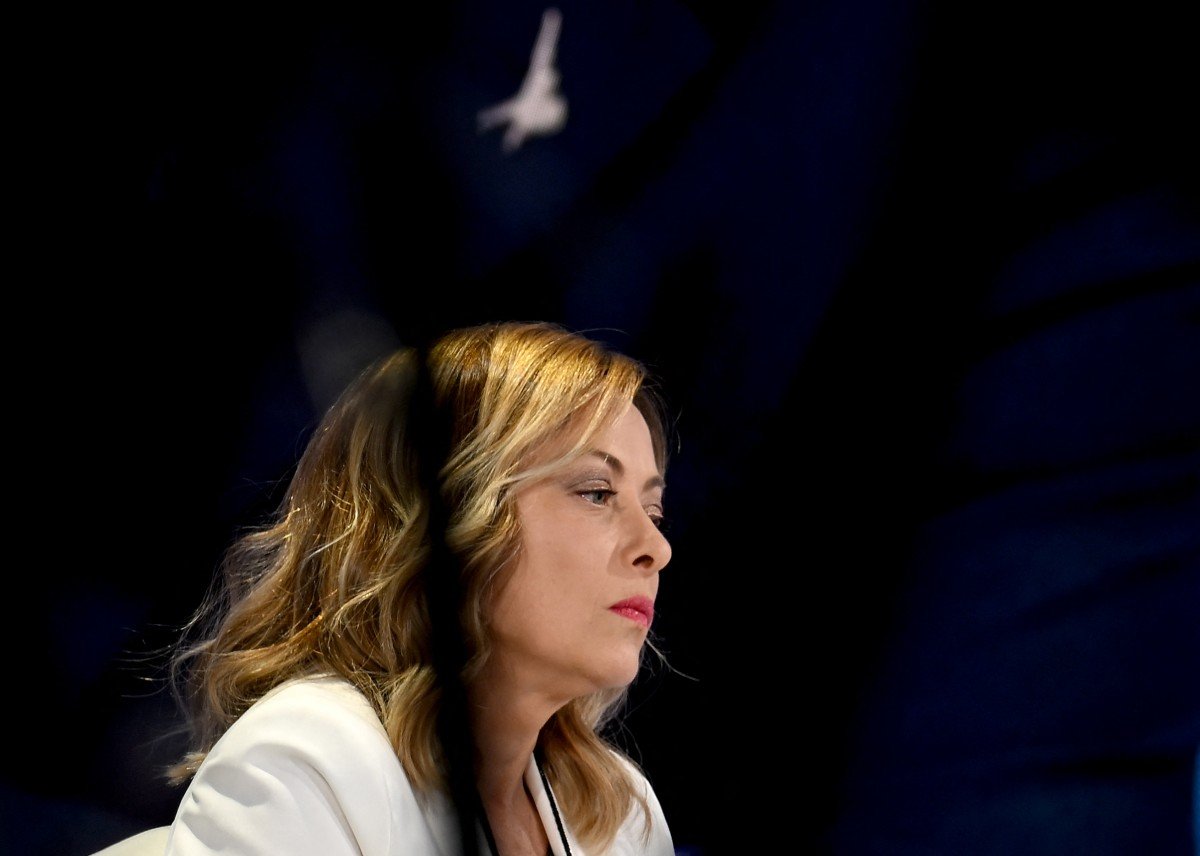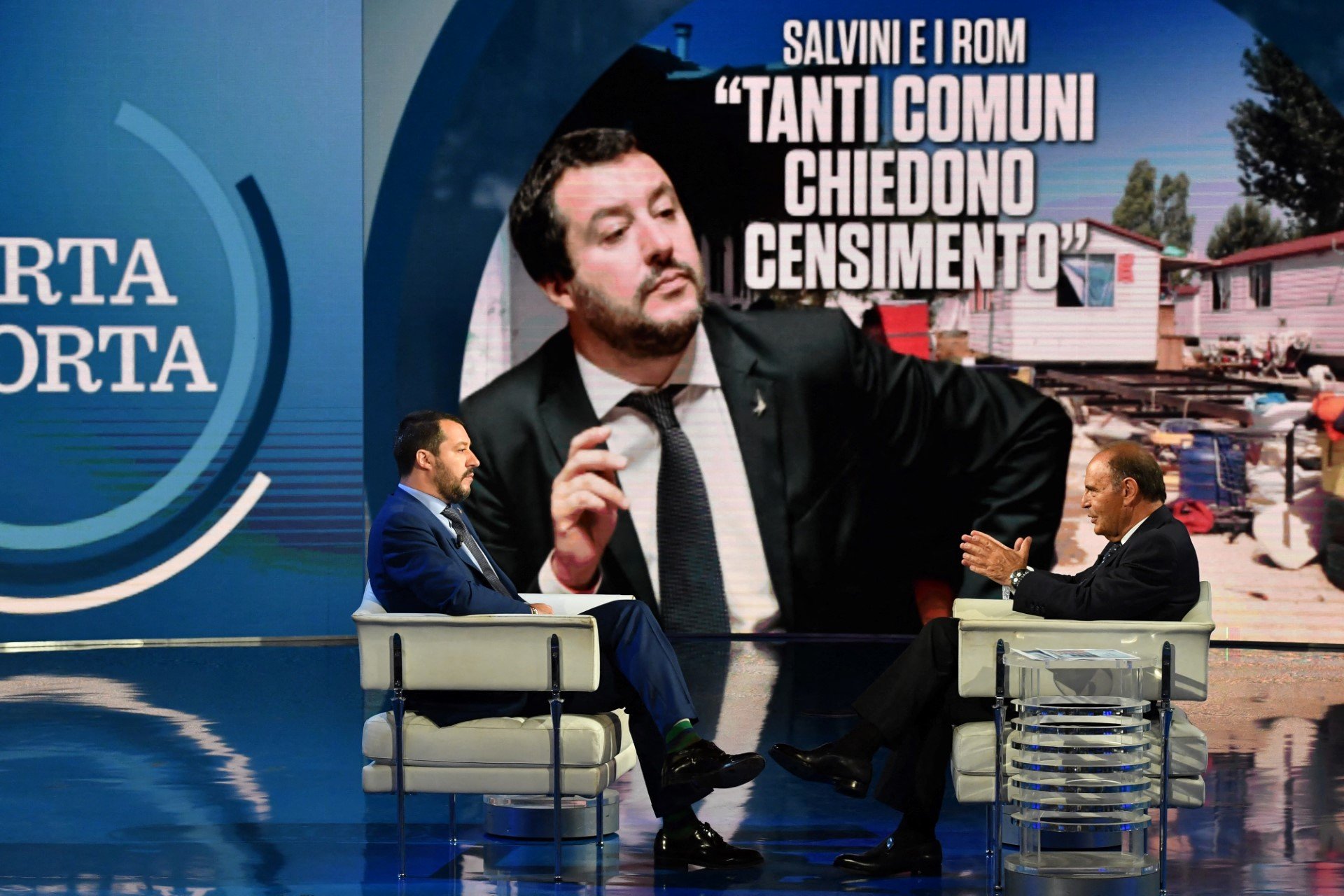Italy’s presidential election is set to drag on for several more days after a third round of voting by secret ballot produced no clear winner – as expected.
Two-thirds of the vote would be needed at this stage to produce a winner, but no candidate has come close.
Doubts over candidates led some 412 of the 1,000 or so voting MPs, senators and regional representatives to cast blank ballots on Wednesday.
READ ALSO: The Italian vocabulary you’ll need to follow the presidential election
There were 125 votes for outgoing president Sergio Mattarella, followed by 114 for Guido Crosetto, a businessman and co-founder of the far-right Brothers of Italy party, who has so far not been considered a serious contender.
🔴 Elezione del Presidente della Repubblica, 3a votazione: ecco i risultati definitivi (dati ufficiali)#Quirinale #MaratonaYouTrend pic.twitter.com/t0tIqrEX8Q
— YouTrend (@you_trend) January 26, 2022
Prime Minister Mario Draghi, who was the frontrunner for the post ahead of the election, pocketed just five votes as the country’s parties apparently panicked at the idea of pulling him from his job at such a sensitive time.
Political analysts have warned that moving the former European Central Bank head to the presidential palace could deal a fatal blow to an already weak coalition government, sparking snap elections.
The bar to win will be significantly lowered in the next round of voting on Thursday, as the threshold for victory now falls from a two-thirds majority to an absolute majority of 505.
Italy’s president is a largely ceremonial figure but wields great political power in crises.





 Please whitelist us to continue reading.
Please whitelist us to continue reading.
Member comments